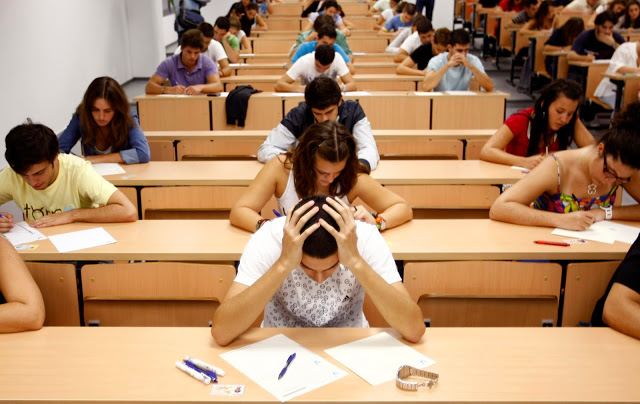A dip in the performance was defined as receiving a lower grade on an exam or important project, receiving an incomplete or dropping a course. When compared to the data of ACHA’s 2008 survey, this percentage has risen up from the previous 18.2 per cent. Apart from anxiety, 13.5 per cent reported that in the last 12 months, depression had affected their academic performance. This number was also up from 11.2 per cent in 2008. However, the findings did not surprise the mental health clinicians at Bu. Carrie Landa, director of Behavioral Medicine at Student Health Services,” We have all become less able to tolerate ambiguity and the unknown due to the incredible technological advances we have seen. Immediacy is sometimes the antidote to anxiety: having to wait for anything—a text, an exam grade, ‘How am I going to do?’—all create anticipatory anxiety. Unfortunately, there are many things in life that aren’t quickly resolved and waiting is necessary.”
In 2012 Healthy Minds study, which is an annual web-based survey examining mental health, included BU, results showed that the number of BU students with major depression was nearly equal, at 22 percent, to the number with anxiety disorder, 21 per cent. It is a fact that almost every student feels stressed out and low at one time or another. These feelings become intensified during the exam period especially. Many experts have suggested talking to friends, going out for a walk and meditate. All these things aim to lower frustrations and help a person cope with the existing problems in life.
Image Source: BusinessInsider.com






















